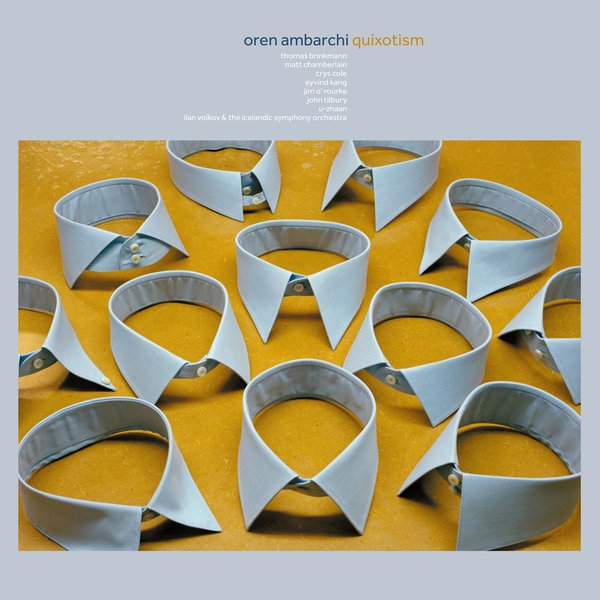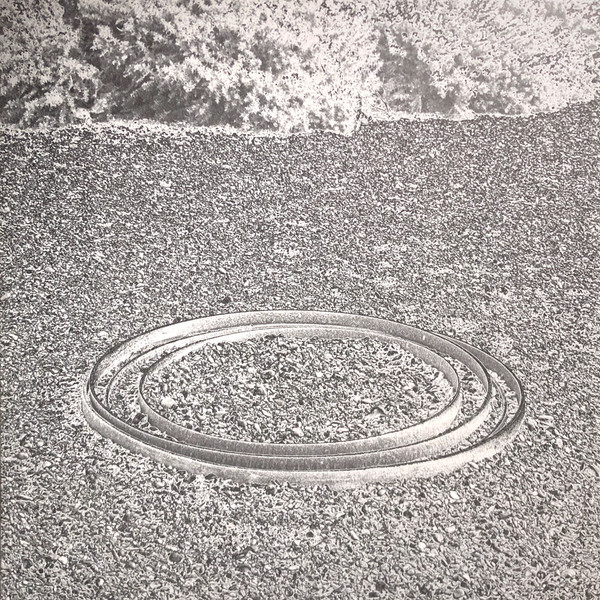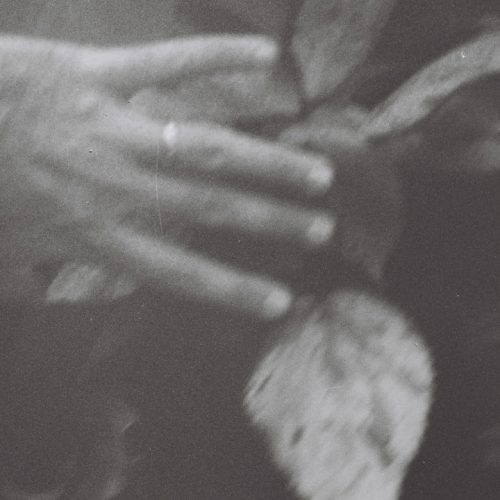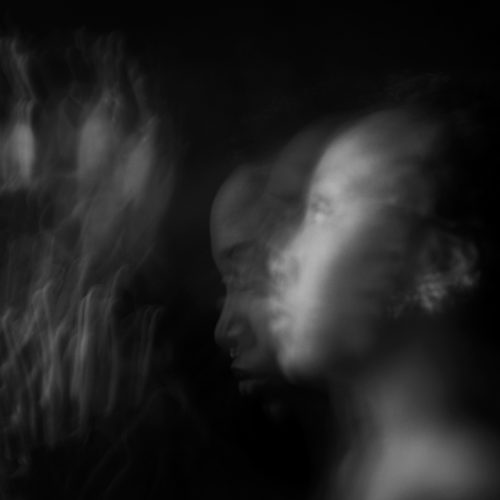Quixotism (10th Ann.)
Label: Black Truffle
Genre: Highlights, Experimental
$52.99
Availability: In stock
Audiopile Review: The tenth anniversary of Oren Ambarchi’s ‘Quixotism’? We’re gonna skip having that make us feel old and go straight to enjoying the reminder of this great album. Ambarchi made his name with his starkly minimal solo releases on Touch. But the big group blowouts he went on to make for Editions Mego really took his vision to the next level (and paved the way for his ‘Ghosted’ albums, which combine the best elements of both styles). ‘Quixotism’ is one of Ambarchi’s more atmospheric group albums. Still, it pivots around a percolating groove, not unlike Can making an album with the Sun Ra Arkestra for Raster-Noton. Featuring Jim O’ Rourke, Thomas Brinkmann, John Tilbury, Crys Cole, Eyvind Kang, and the Icelandic Symphony Orchestra, this feels like a group with everyone but the godlike Peter Hammill. Maybe it’s only a matter of time until he ends up on one of these albums, though. Ambarchi’s position as an experimental music mover-and-shaker and boss of the Black Truffle label (which has released this new remaster of ‘Quixotism’) allows him to assemble some quite astonishing ensembles. And it’s his skill as a bandleader that delivers such consistently phenomenal results. But it’s a sly sense of fun that makes ‘Quixotism’ such a joy. Maybe that’s why it sounds as fresh and energized as it did 10 years ago.
Black Truffle presents a tenth anniversary reissue of Oren Ambarchi’s Quixotism, originally released on Editions Mego in 2014. Recorded with a multitude of collaborators in Europe, Japan, Australia and the USA, Quixotism presents the fruit of two years of work in the form of a single, LP-length piece in five parts. Quixotism takes the driving rhythmic aspect of works such as “Sagittarian Domain” to new levels, with the entirety of this long-form work built on a foundation of pulsing double-time electronic percussion provided by Thomas Brinkmann. Beginning as almost subliminal propulsion behind cavernous orchestral textures and John Tilbury’s delicate piano interjections, the percussive elements (elaborated on by Ambarchi and Matt Chamberlain) slowly inch into the foreground of the piece before suddenly breaking out into a polyrhythmic shuffle around the halfway mark, and joined by master Japanese tabla player U-zhaan for the piece’s final, beautiful passages. The pulse acts as thread leading the listener through a heterogeneous variety of acoustic spaces, from the concert hall in which the Icelandic Symphony Orchestra were recorded to the intimacy of Crys Cole’s contact-mic textures. Ambarchi’s guitar itself ranges over this wide variety of acoustic spaces, from airless, clipped tones to swirling, reverberated fog. Within the complex web Ambarchi spins over the piece’s steadily pulsing foundation, elements approach and recede in a non-linear fashion, even as the piece plots an overall course from the grey, almost Nono-esque reverberated space of its opening section to the crisp foreground presence of Jim O’Rourke’s synth and Evyind Kang’s strings in its final moments. Formally indebted to the side-long workouts of classic Cologne techno, the long-form works of composers such as Éliane Radigue and the organic push and pull of improvised performance, Quixotism is constantly in motion, yet its transitions happen slowly and steadily, often nearly imperceptible, the diverse elements which make up the piece succeeding one another with the logic of a dream. At the time of its first release, Quixotism was clearly a summation of Ambarchi’s work in the years leading up to it. Now, listening back a decade later, it also seems like an arrow pointing to the future, suggesting paths that would be explored further in works to come: the pulsating guitar layers of “Hubris,” the album-length collaboration with Jim O’Rourke and U-zhaan on “Hence,” “Shebang”‘s joyous layering and percussive drive. Now sounding better than ever in a new remaster by Joe Talia, the time is ripe to rediscover its quixotic charms.






